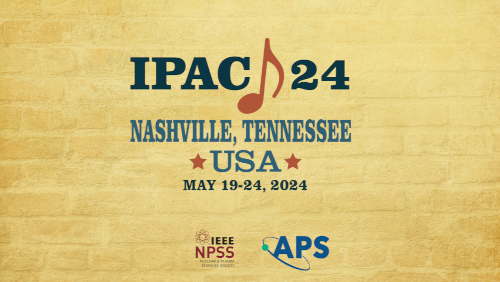Speaker
Description
The International Linear Collider (ILC) is a next-generation electron-positron collider designed to operate at center-of-mass energies ranging from 250 GeV to 1 TeV, providing opportunities for exploring physics beyond the Standard Model. A critical component of the ILC is the E-driven positron source, which requires sophisticated technology to produce large quantities of positrons. Traditional accelerator design methods involve sequential optimization, which is inefficient and challenging for achieving global optimization. This study introduced the use of the Tree-structured Parzen Estimator (TPE) algorithm, a black-box optimization method, to improve the design efficiency of the ILC E-driven positron source. By implementing the TPE algorithm using Optuna, we optimized up to 8 parameters, achieving a positron capture efficiency of 1.42, significantly higher than the 1.20 efficiency obtained through manual optimization. This substantial improvement is expected to meet the safety standards for target destruction. The optimization process was also expedited, reducing the time from about a week to approximately half a day. These results demonstrate the potential of machine learning techniques in accelerator design, offering a more comprehensive global optimization by exploring a broader parameter space and avoiding local minima.
| Region represented | Asia |
|---|---|
| Paper preparation format | LaTeX |
